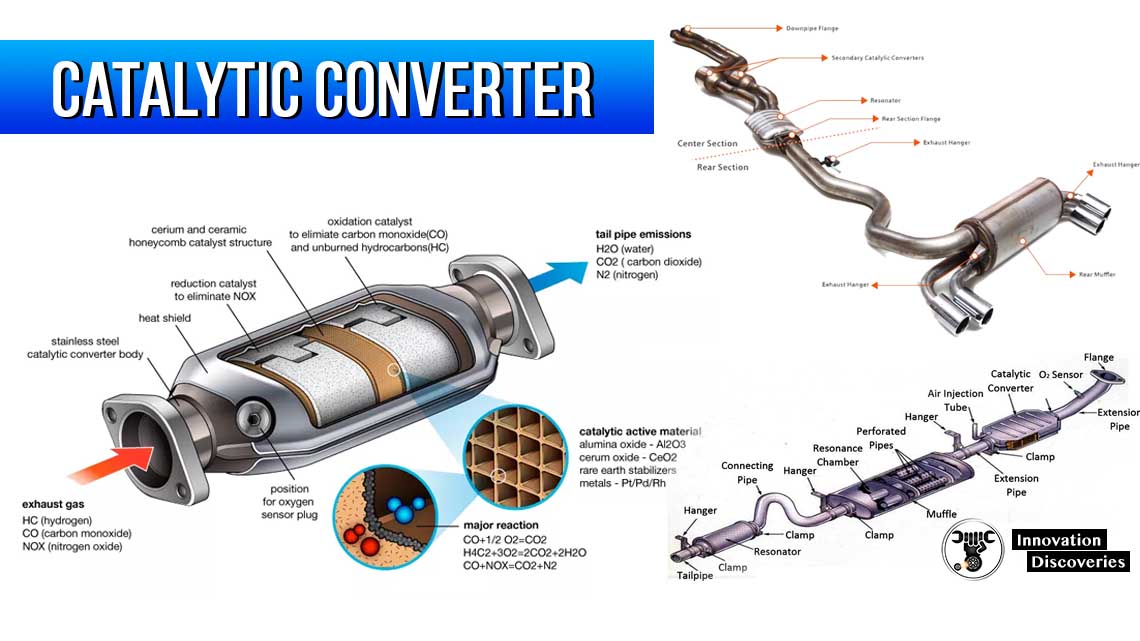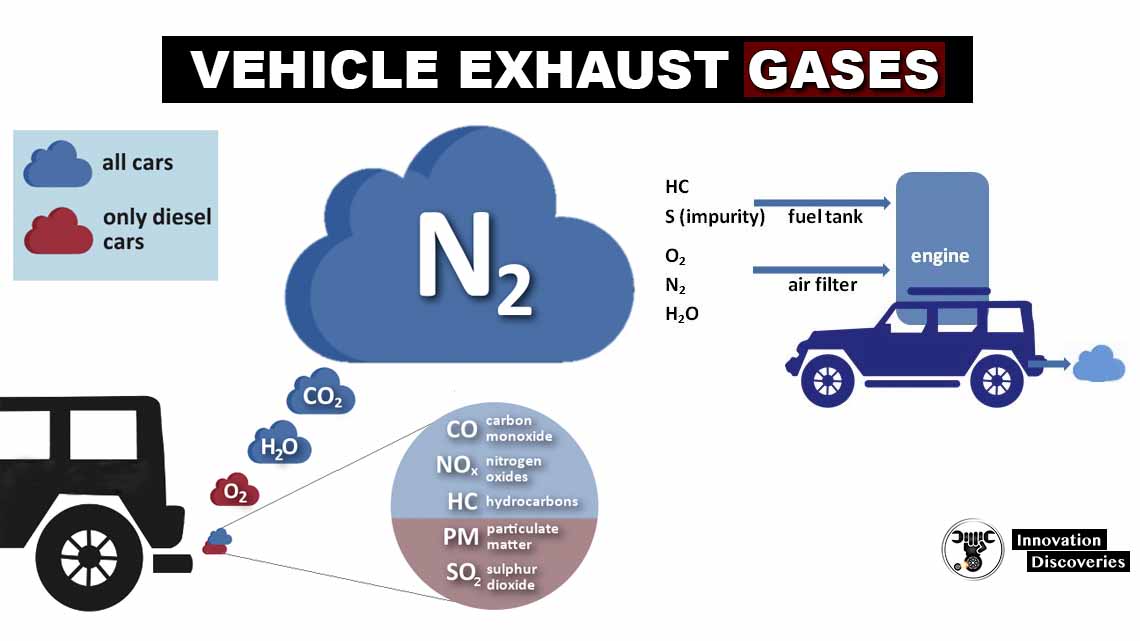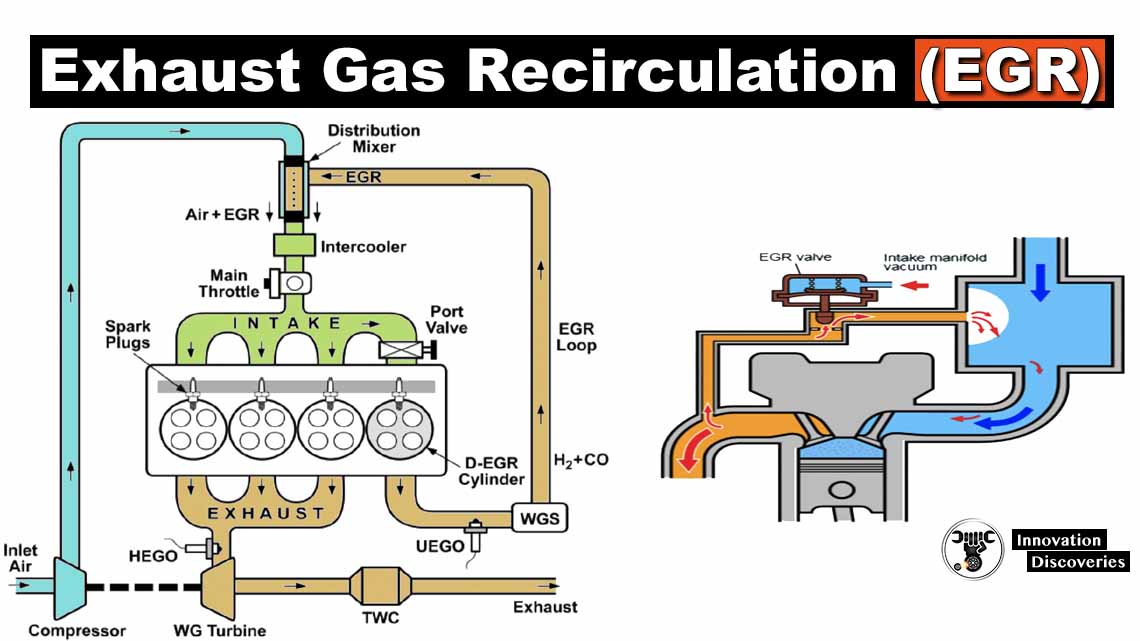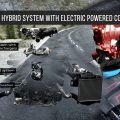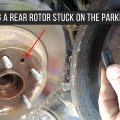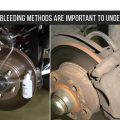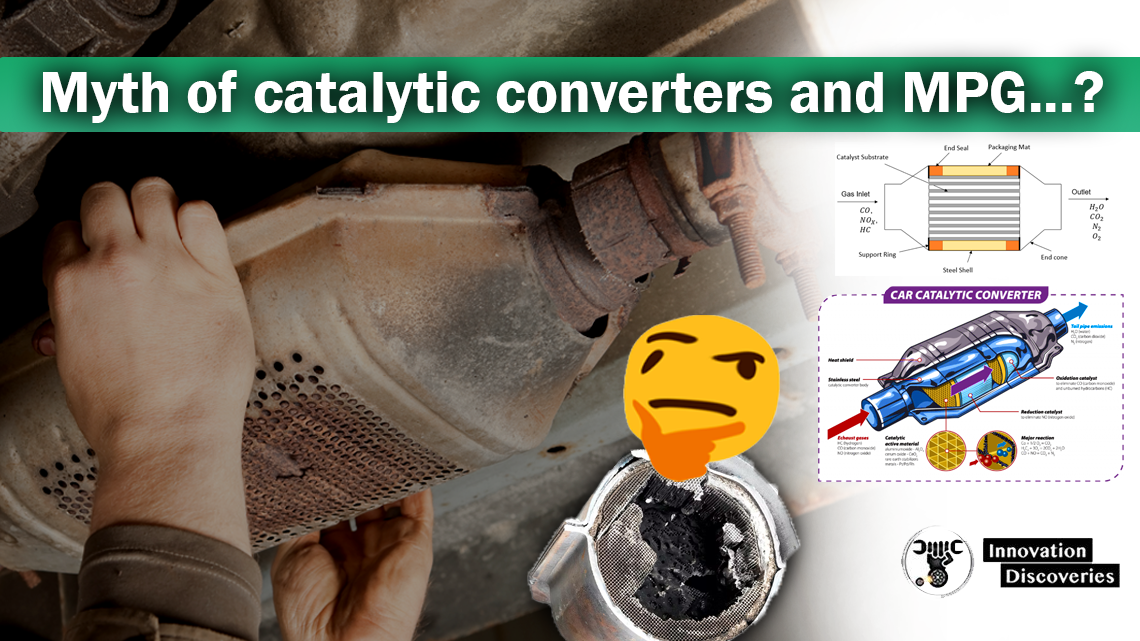
Introduction: The role of catalytic converters in reducing emissions
Catalytic converters have been a standard feature in automotive engines for decades. The device helps to reduce harmful emissions that can lead to air pollution and environmental damage.
The science behind catalytic converters: How they work
To understand how catalytic converters work and their impact on fuel efficiency, it is necessary to first understand how engines operate. Internal combustion engines rely on a controlled explosion of fuel and air to generate power. This combustion process produces exhaust gases, which contain harmful pollutants like carbon monoxide (CO), nitrogen oxides (NOx), and hydrocarbons (HC).
Catalytic converters work by converting these harmful pollutants into less harmful gases through a chemical process. The device contains a honeycomb-shaped ceramic core coated with precious metals like platinum, palladium, and rhodium. As exhaust gases pass through the core, the metals catalyze a reaction that converts pollutants into less harmful compounds like water vapor, carbon dioxide (CO2), and nitrogen gas (N2)..
Read: DIRECT INJECTION CARBON BUILD UP: SYMPTOMS AND PREVENTIVE MEASURES
The myth of back pressure: Debunking the belief that catalytic converters decrease MPG
Some people believe that the presence of a catalytic converter in the exhaust system creates a back pressure that reduces engine efficiency, thus decreasing MPG. However, this belief is not entirely accurate. While it is true that a catalytic converter creates some back pressure in the exhaust system, this effect is typically negligible and does not significantly impact fuel efficiency.
Studies on fuel efficiency: Evidence that catalytic converters can improve MPG
In fact, some studies have shown that catalytic converters can actually improve fuel efficiency. One reason for this is that the device helps to ensure that fuel is burned more completely, reducing wasted fuel and improving combustion efficiency. Additionally, many modern engines are designed to work in conjunction with a catalytic converter, and removing the device can cause the engine to run less efficiently, resulting in reduced MPG.
Manufacturer design: How modern engines are designed to work with catalytic converters
Modern engines are designed to work efficiently with catalytic converters, and manufacturers use sophisticated computer models to ensure that the device does not have a negative impact on performance. This means that, in most cases, removing the device will not result in significant improvements in MPG.
Legal requirements: Why tampering with catalytic converters is illegal and can result in penalties
It is also worth noting that catalytic converters are required by law in many regions. In the United States, for example, the Clean Air Act mandates that all gasoline-powered vehicles manufactured after 1975 must have a catalytic converter installed. Removing or tampering with the device is illegal and can result in fines and penalties.
Conclusion: The importance of catalytic converters in modern automotive engines
In conclusion, the myth that catalytic converters negatively impact fuel efficiency is largely unfounded. While the device does create some back pressure in the exhaust system, this effect is typically negligible and does not significantly impact MPG. In fact, catalytic converters can sometimes improve fuel efficiency by ensuring that fuel is burned more completely and efficiently.
Overall, catalytic converters play an essential role in reducing harmful emissions from vehicles and are a vital component of modern automotive engines.
EXPLAINED DTC: P0446 EVAPORATIVE EMISSION CONTROL SYSTEM VENT CONTROL CIRCUIT MALFUNCTION
FUEL SYSTEM: COMPONENTS, WORKING PRINCIPLES, SYMPTOMS AND EMISSION CONTROLS
THIS OLYMPIC SWIMMER RUN IN THE EMISSIONS OF THIS FUEL CELL CAR | INNOVATION DISCOVERIES
Also, Read: SYMPTOMS OF AN EXHAUST LEAK
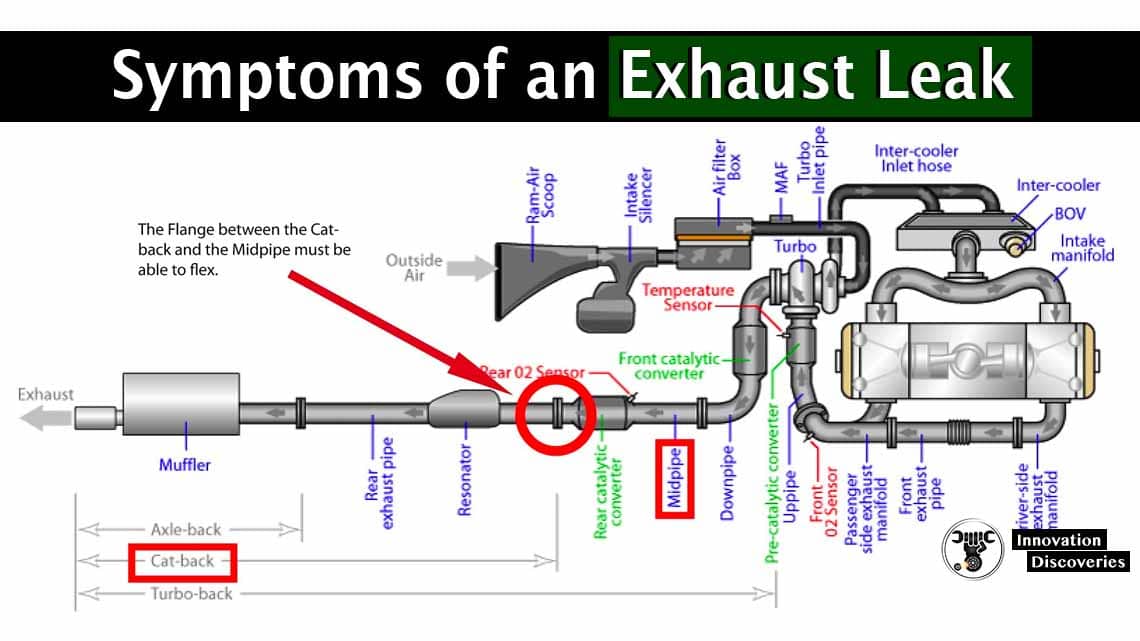
Also, read: DIESEL BLACK SMOKE: REASONS AND SOLUTIONS
GLOW PLUG CONTROL MODULES AND HOW TO TEST GLOW PLUGS
SPARK PLUGS AND GLOW PLUGS: WHAT’S THE DIFFERENCE?
Diesel Particulate Filter
Visit Forum
Visit Our Friendly Website


